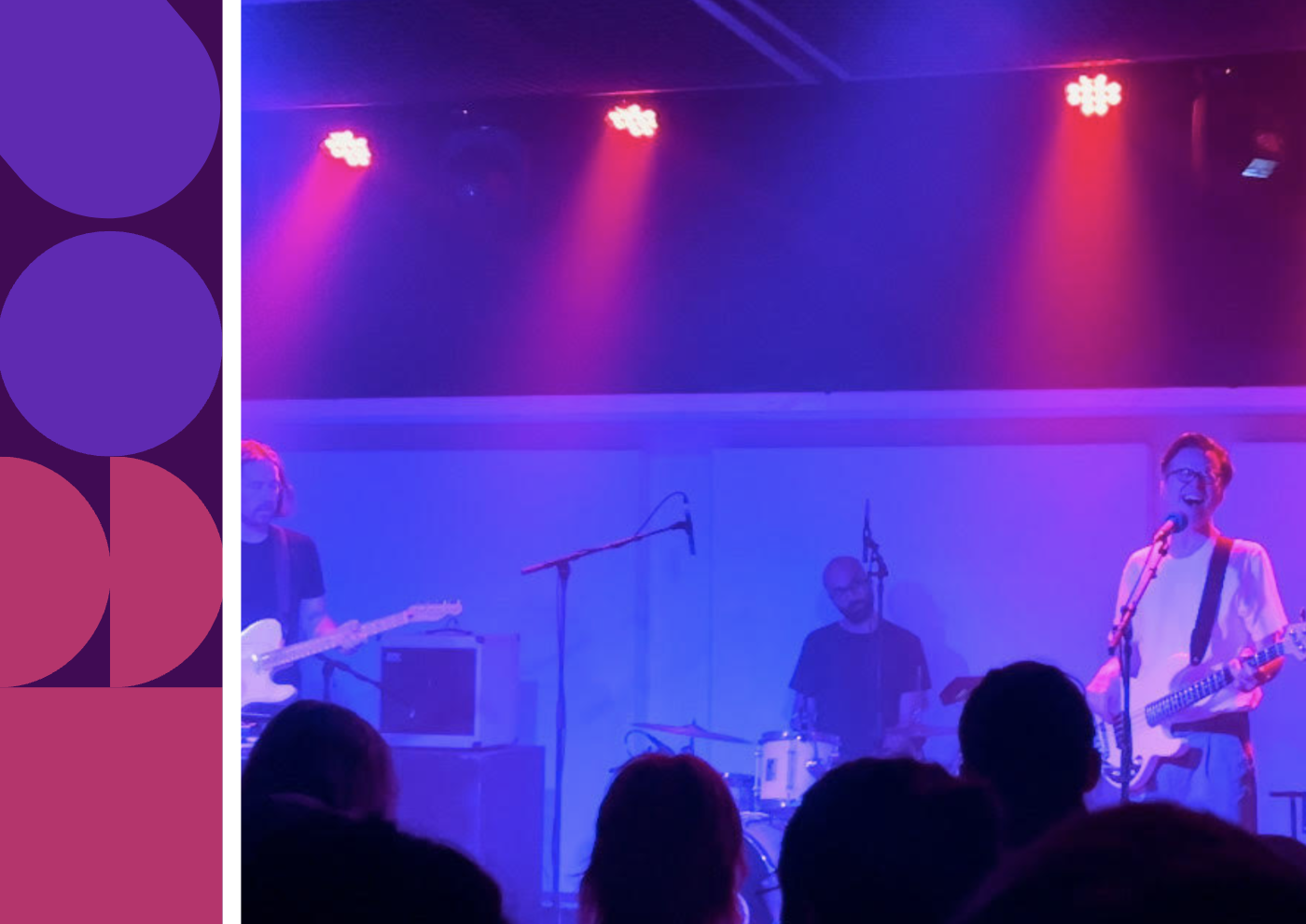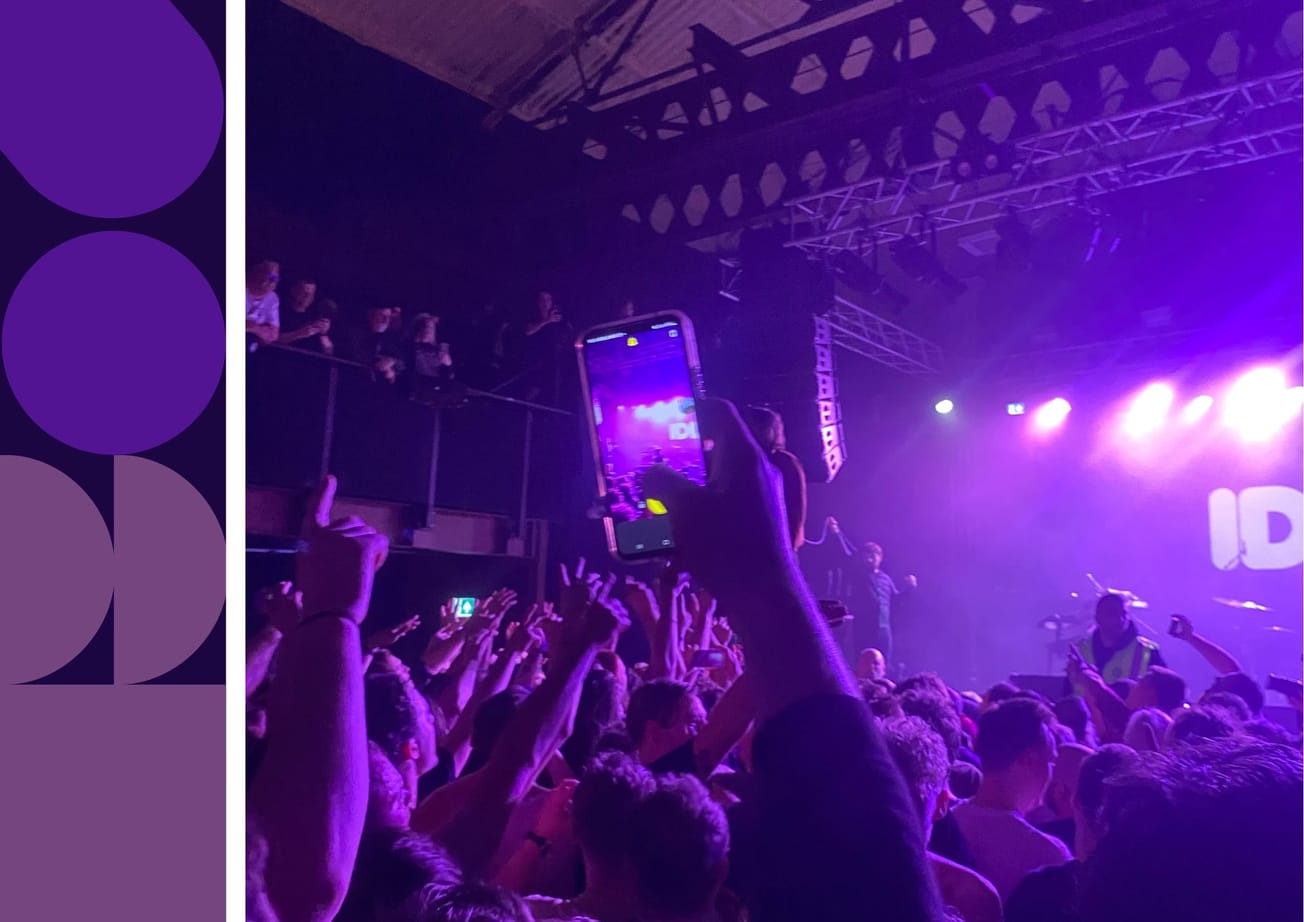By Jedrzej Borkowski, Second Year Politics and International Relations
With billions of downloads, TikTok is the most influential app in the world right now. The addictive short videos have had a hold on us for well over 6 years now if we include its existence as Musical.ly. But what effect does it have on the music industry?
Music has been an important part of TikTok since its creation. The videos made often revolve around sounds, often parts of songs, like their lyrics or melodies. Sometimes these go viral, flooding the app as they become embedded in its various trends. Due to TikTok’s sheer popularity, these songs are then exposed to a massive audience, who may take a liking to them and search for them on streaming services, boosting their popularity across all platforms. Hitting the charts as an independent artist has never been easier.
Before TikTok and the age of streaming, the best way for musicians to get their music out to the public was to get signed by a record label which (for a large percentage of an artist’s revenue) would promote them across the world. Today, this can be done on a phone in a 30-second clip on TikTok, making record labels more unnecessary for success in the music industry. The artist PinkPantheress is a great example of TikTok marketing done right, as she used to stubbornly post clips of her songs on her account until eventually she was recognised.
This makes staying independent as an artist more attractive. Record labels are often criticised for “leeching” off of their hitmakers, often tricking creatives into signing horrible deals which hurt them in the long term, but benefit the company itself. Labels often take control of an artist’s masters, meaning they own the rights to their music and receive a much larger percentage of money earned from their music than the person who made it (sometimes up to 80% of the revenue earned goes directly to the label).
Sometimes, if an artist wants to retain control over their music, they are forced to buy their masters back from the label, literally purchasing their own creations. Record labels can also reject ideas for songs or bigger projects like albums if they believe it won’t profit them, or are not in line with the image that an artist is portraying, limiting musical creativity.
TikTok also provides musicians with the ability to build connections with fans. The app lets creators react to and respond to videos made about them. This allows musicians to let their personality shine through, they can also learn more about their fans, and vice versa. This is a great opportunity for artists to build their brand, however, they should be careful as people can often tell who uses the app in a manufactured way (to only promote a product or new music). Ideally, artists should be able to balance both marketing and genuine interactions, to not put people off of their music.

However, TikTok fame can sometimes be a curse.
Due to the app’s nature, the viewers often merely hear one part of the song and don’t know the rest of the lyrics, begging the question - is a large audience better than a strong, tightly-knit community?
The drama surrounding Steve Lacy’s concert perfectly portrays this situation. On many occasions, Steve Lacy’s “fans” were unable to finish singing along to his music, as they only knew pieces of it because of their popularity on TikTok. Many were quick to criticise Steve Lacy’s frustration, however, I believe that this portrays the dark side of success found on TikTok, as it undermines the artist’s abilities and the message conveyed in their work - hurting them in the long run.
Furthermore, most of the artists who blew up on TikTok ended up signing record deals. This is because although TikTok is beneficial for finding an audience, labels provide more than just marketing - they open up doors. An artist can now have a significantly higher budget for creating music, as well as access to top-tier equipment, increasing the quality of their recordings. Record labels also provide connections, which are especially important in the music industry, in which networking and collaboration are necessary for success.
To conclude, is TikTok empowering for independent artists? Despite some of its drawbacks, I believe it is. There is no doubt that TikTok flipped the music industry upside down, shifting the balance of power from massive record labels to individuals who can turn their passions into fruitful careers and stay independent at the same time.
Featured Image: Solen Feyissa | Unsplash
How do you think TikTok has impacted the music industry?







